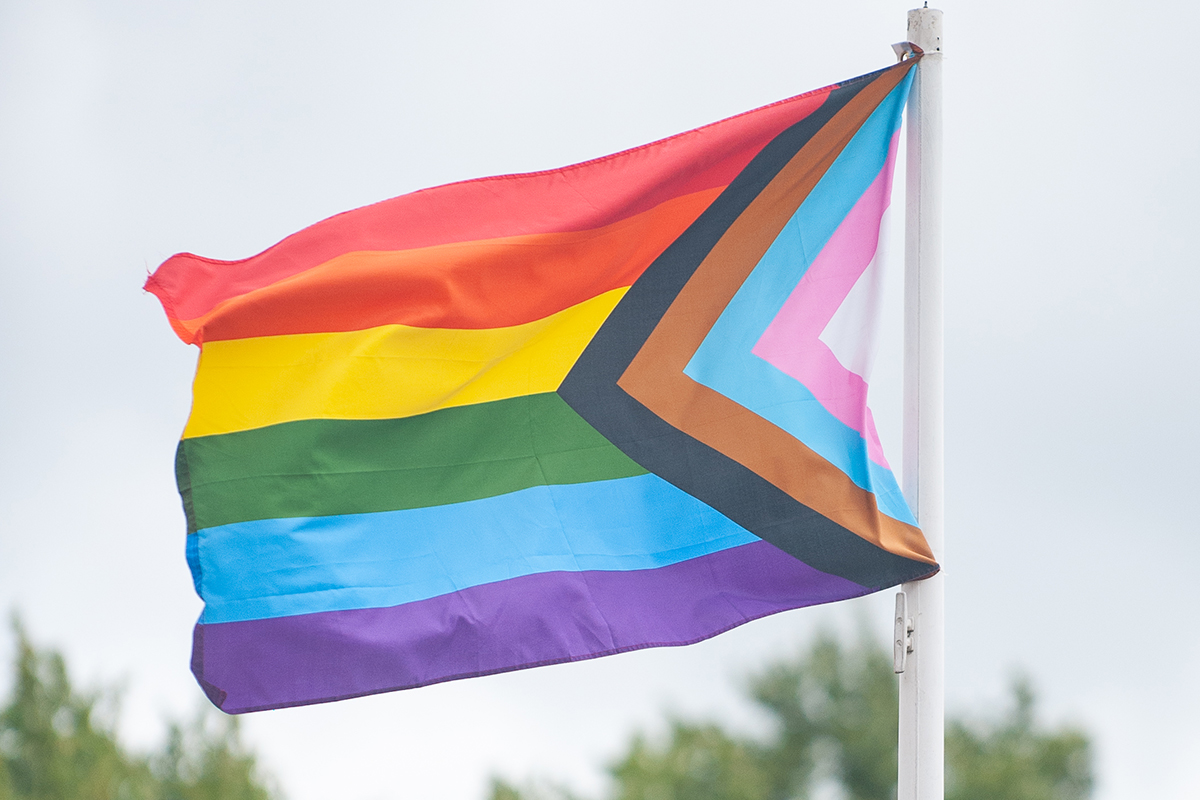Nearly 40 percent of LGBTQ youth seriously considered attempting suicide in the past year, according to The Trevor Project’s 2024 U.S. National Survey on the Mental Health of LGBTQ+ Young People.
Rates were higher among young people of color — and highest among those from Native/Indigenous backgrounds — compared to their white peers. Additionally, transgender and nonbinary youth reported these feelings at higher rates than their cisgender counterparts (46 percent compared to 30 percent, respectively).
The survey, which had more than 18,000 respondents ages 13-24, found that 12 percent of LGBTQ young people attempted suicide in the last year.
The rates of both those who considered and attempted suicide in the past year were significantly higher for respondents ages 13-17.
“For the sixth year, the U.S. National Survey uncovers the reality that there is a significant association between anti-LGBTQ+ victimization and disproportionately high rates of suicide risk — and that far too many young people struggle to access the mental health care they need,” according to The Trevor Project.
Survey results indicate that 84 percent of respondents wanted mental health care. However, 50 percent of those who wanted mental health care in the past year were not able to get it. The majority of respondents experienced recent symptoms of anxiety and/or depression.
The primary reasons the youth who wanted mental health care but were unable to get it were being afraid to discuss concerns, not being able to afford care and not wanting to have to get a parent/caregiver’s permission.
The Trevor Project presents its findings in sections that cover mental health and suicide risk, access to care, anti-LGBTQ policies and anti-LGBTQ victimization, and provides information on how to support this student population.
Findings
Other key findings from the survey include:
- Fifty-four percent of transgender and nonbinary youth consider their school to be gender-affirming (and those who do report lower rates of attempting suicide).
- Ninety percent of LGBTQ young people reported that their well-being was negatively impacted by recent politics.
- Forty-five percent of transgender and nonbinary youth indicated that they or their family have considered moving states due to related politics/laws. Overall, two in five LGBTQ young people said they or their family had considered moving for the same reasons.
- Forty-nine percent of respondents ages 13-17 experienced bullying in person in the last year and 35 percent experienced cyberbullying. Those who experienced bullying of any kind had higher rates of attempting suicide than those who did not.
- Those living in very accepting communities attempted suicide at less than half the rate of their peers who reside in unaccepting communities.
Among those enrolled in school, the most common negative occurrences they experienced were verbal harassment and not being allowed to dress in a way that fit their gender identity/expression.
Twenty-three percent of respondents reported being physically threatened or harmed in the past year because of their sexual orientation or gender identity and 60 percent said they have felt discriminated against.
Recommendations
“LGBTQ+ young people report lower rates of attempting suicide when they have access to affirming spaces and communities,” according to The Trevor Project. “They also need the people in their lives to better understand and support their identities and advocate for them.”
Access to LGBTQ-affirming spaces, gender-affirming clothing and gender-neutral bathrooms at school as well as having their pronouns respected by the people who they live with are all factors that can make a difference in the lives of LGBTQ young people, as can having at least one supportive, trusted adult at school.
According to respondents, the top five actions people can take to show support and acceptance include:




